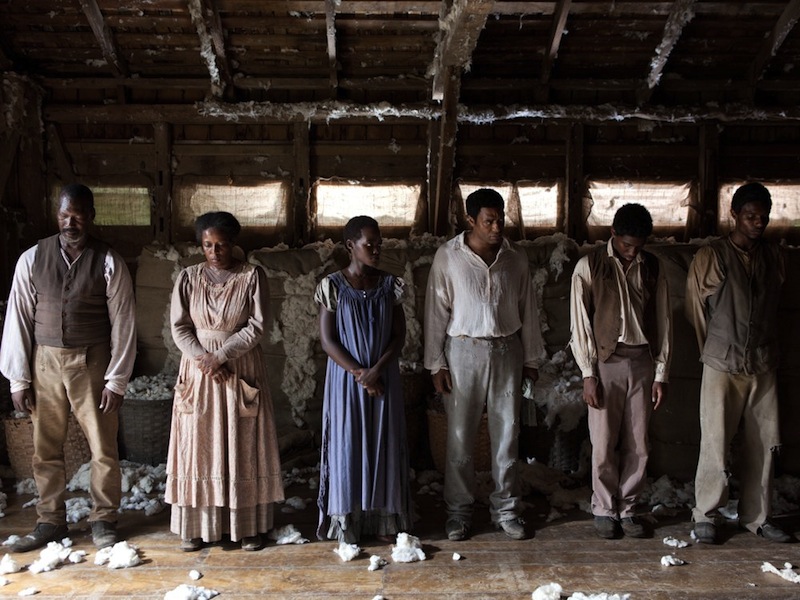Why Didn't I See It the First Time?
Drew Trotter
The first time—in fact the first two times—I watched 12 Years a Slave in preparation for my annual lecture on the Academy award nominees for best picture, I really saw nothing about the faith of the slaves in the picture. But in fact, in one crucial scene near the end of the movie, Solomon Northup, the main character in the movie, has a “conversion” of sorts, when he is at the funeral of a fellow slave. While the slaves are singing “Roll, Jordan, Roll”, Northup is so despondent and has faced so many disappointments in his attempts to get free that he at first is silent, clearly refusing to sing. But the words seem to work on him, and eventually he joins in, tentatively at first but in the end with great gusto. In addition, at several other times in the film, the slaves sing spirituals while working in the fields.
How could I have not seen this? Why, in the first version of my lecture, did I accuse the filmmakers of an historical revisionism, which completely avoided the faith of the slaves in the antebellum South?
The answer of course lies to some degree in my inattentiveness, but I do not believe that tells the full picture. The tenor of the movie so strongly depicts the Christian faith being used as an oppressive tool in the hands of the Masters, that it was impossible for me to see any positive reference to the faith. Three times in the film, there are extended Sunday morning “services” in which the slave owners preach sermons to their combined household of family and slaves. The sermons are biblically-based, and in one case directly related to using the Scriptures out of context to justify their oppression. The most evil character in the film, Master Edwin Epps, played by Michael Fassbender is the greatest offender.
A second problem in my estimation is this: the filmmakers don’t seem to consider the faith carefully or have much time for it. This comes out clearly in a comparison of the film with Northup’s memoir on which the film is based. A number of times in the memoir, Northup says kind things about some of the slaveholders he knew, but none of these comments are found in the film. Even more important, in the film his journey is one that is portrayed humanistically emphasizing his own perseverance and courage and never his dependence upon, and gratitude for, the providence of God, a theme that is clear in the memoir. Even in the film’s version of Northup’s resurrection from despair by joining in the singing of “Roll, Jordan, Roll” (a scene that is not in his memoir at all), the slave looks to be simply gathering up his courage for action, not acknowledging his Source for help in a time of trouble.
The point is this: the actual content of a message is a mixture of philosophical, linguistic and historical data set into a particular context and portrayed a certain way. That context and portrayal are crucial to how a message will be perceived, and this is particularly true in a medium like film, which uses such powerful musical, visual, and verbal tools. The bravery of the slaves in the actual 1840’s was due in large part to their dependence on a living and true God; when that bravery is portrayed in terms of self-reliance, the message becomes clouded and confused.
